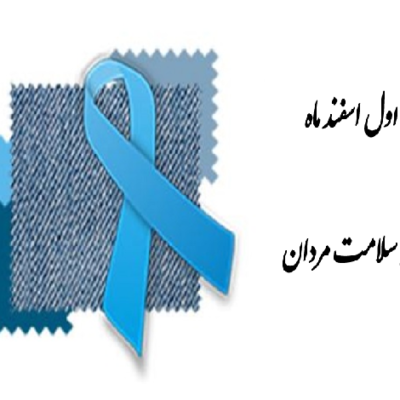People, the main actors in the field of disasters management

According to the Mehr reporter, on the occasion of the slogan of the third day of the health week, the role of people, officials, people in the management of disasters, one of the challenges of the health system in the event of major accidents and disasters, is the readiness of medical centers. At the same time, it is necessary for people to be prepared to be safe from the damage of emergencies and disasters.
Frequent floods and heavy rains caused by climate change can cause drowning, injury, heart attacks and infectious diseases. Frequent droughts and fires caused by climate change can lead to suffocation, burns, respiratory and cardiovascular diseases, injuries, and mental health problems.
Climate change has stronger and longer lasting effects on people’s mental, welfare and social health. The climate crisis has caused deadly waves of heat, floods, malnutrition and infectious diseases.
Arezoo Dehghani, a PhD student in disaster and emergency health, told Mehr: People are always living a normal life, but when the unexpected happens, living conditions change drastically, and people suddenly realize how fragile their lives can be. What people do before an accident or crisis occurs can make a significant difference in their ability to deal with it and protect family members from avoidable damage..
She added: The first step in disasters prepardness is to identify the dangers that threaten society. Is the community prone to winter storms, tornadoes, earthquakes and so on. A local, regional, and national hazard map should be developed to identify community threats. In addition to raising public awareness and preparedness, this risk plan will provide operational solutions, such as not buying a home in flood-prone areas.
Dehghani continued: The next step is to make the public aware of the warning messages issued by disasters and city managers. Sometimes these messages are for shelter and sometimes for evacuation of the house or even the city where they live, so families should prepare before the accident or disaster, because when the evacuation arrives, it may be too late to collect even the most basic necessities. has been. Therefore, the citizens should prepare and make available the necessary equipment so that this can be done in the shortest possible time if there is a need to evacuate the house. 90 / 5,000 Translation results Evacuation periods can last for hours, days or even longer after a major disaster. For part or all of this time, citizens may be responsible for providing their own food, clothing, and other emergency supplies.
PhD candidate in disasters and emergencies, added: Family members should also identify the nearest safe station near their place of residence provided by the municipal disasters management and know the ways to reach it, and all should take refuge there after an accident or crisis.
she said: Because every member of a family is in the same place from home to school and work at the time of disasters, all citizens must undergo disaster preparedness training. Parents should prepare their children and practice together in disaster preparedness, preparing a rescue bag, shelter, and so on. Citizens must be responsible for their own readiness.
dehghani said: Rescue bags should include non-perishable food, water, flashlights, radios with batteries, extra batteries, candles, power supplies, blankets, first aid kits, medicines, generators and money. This bag should be present at home, in the car and at work. Family members need to learn how to cut off electricity and gas if needed.
she added: Every family member should know how to use fire extinguishers. Local firefighters can teach you how to use fire extinguishers properly. The location of the extinguisher should be shown to all occupants of the home. Smoke alarms should be installed in all rooms of the house, especially near the bedroom. Each family should test the tracker once a month and change the battery at least once or twice a year.
Dehghani stated: Home and work hazard maps should be designed by family members. To do this, the dangerous points and safe places of the house must be identified and marked. Unstructured home security is another way to reduce risk and improve preparedness. Those who live in earthquake-prone areas should remember to keep heavy objects safe. For example, heavy bookshelves should be attached to the wall and heavy objects such as paintings or chandeliers should not be hung on the bed. Safety points will always be a good place to take refuge in accidents and disasters.
PhD student in disaster and emergency health emphasized: All family members, especially children, need to learn how to call the emergency numbers and how to call for help. Knowing how to provide first aid and CPR can help save lives when immediate action is needed. So we all have to learn.







Leave a Reply